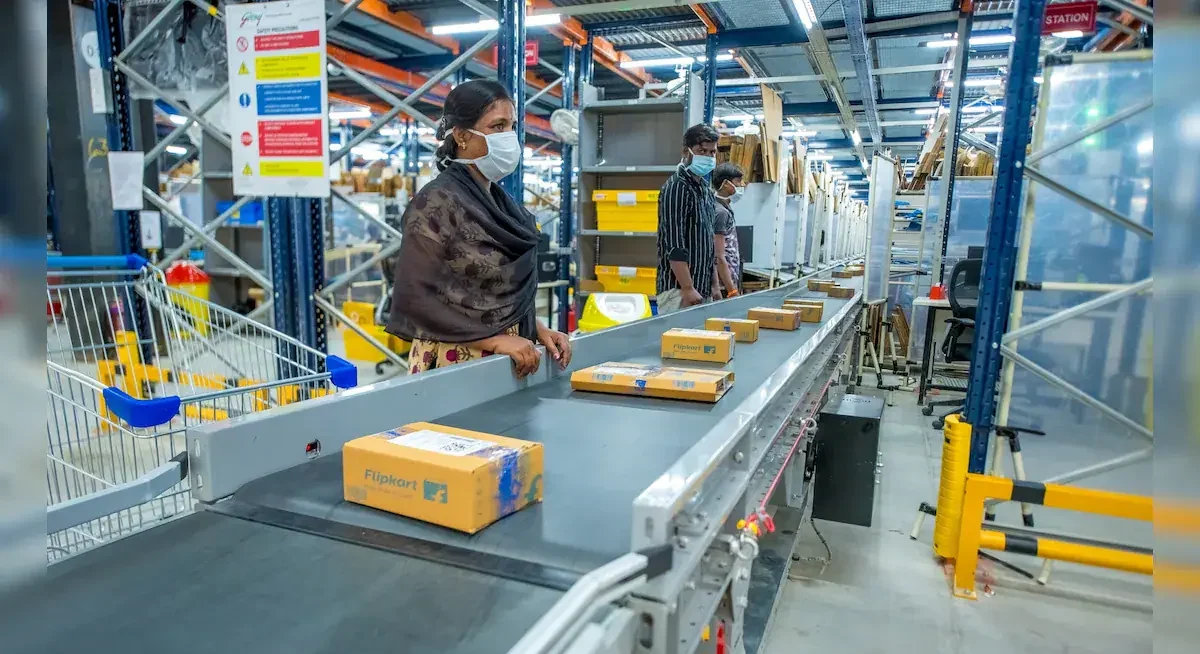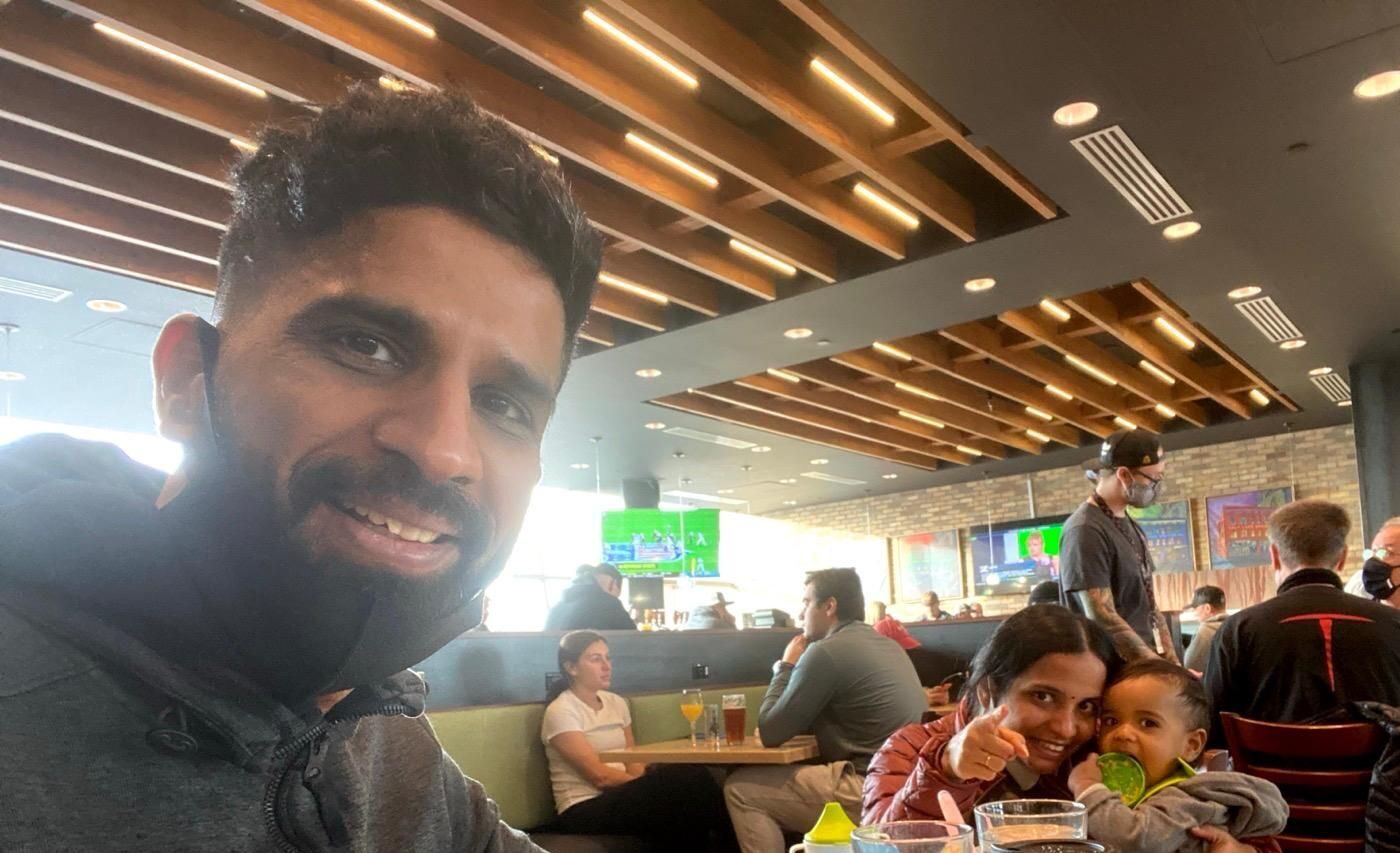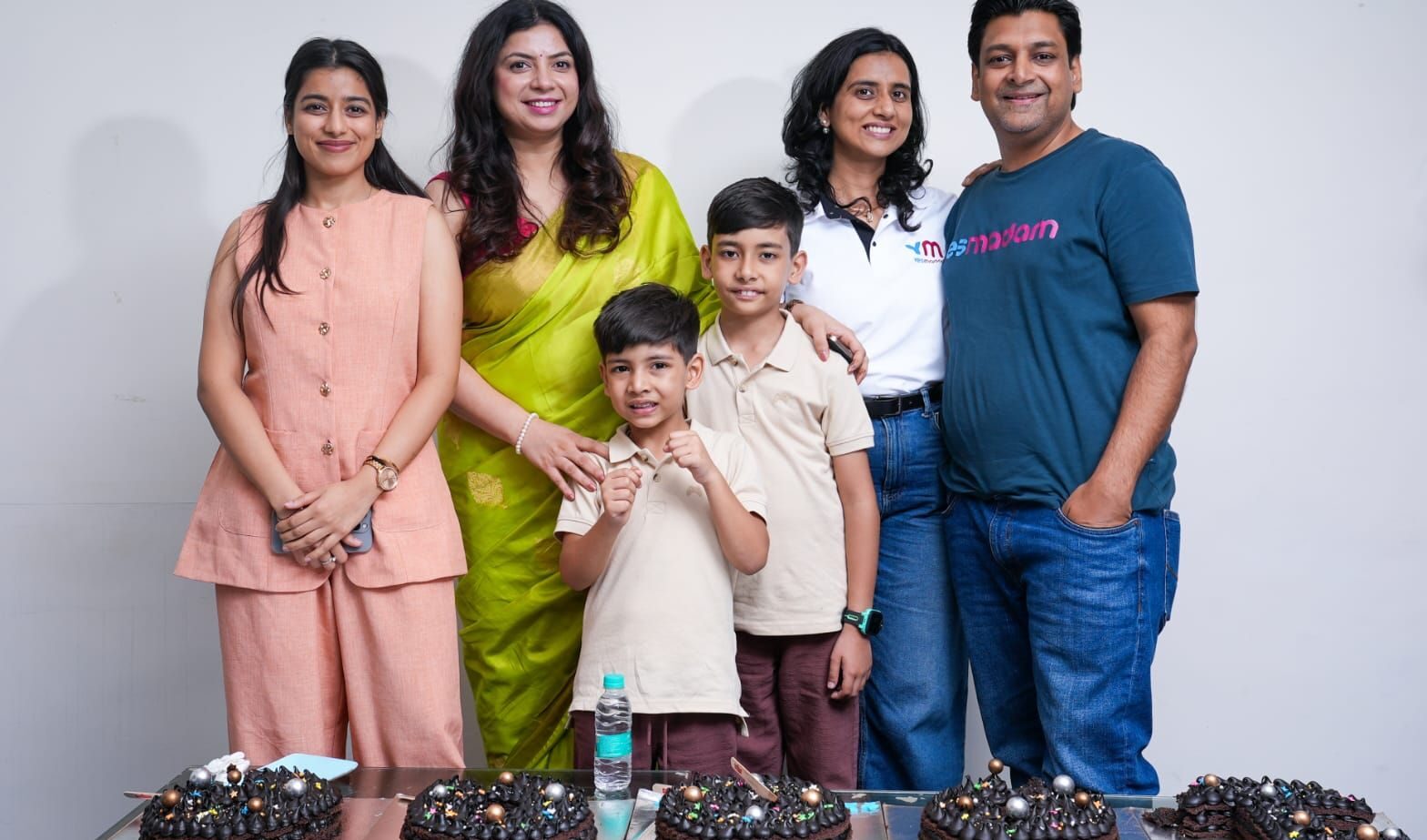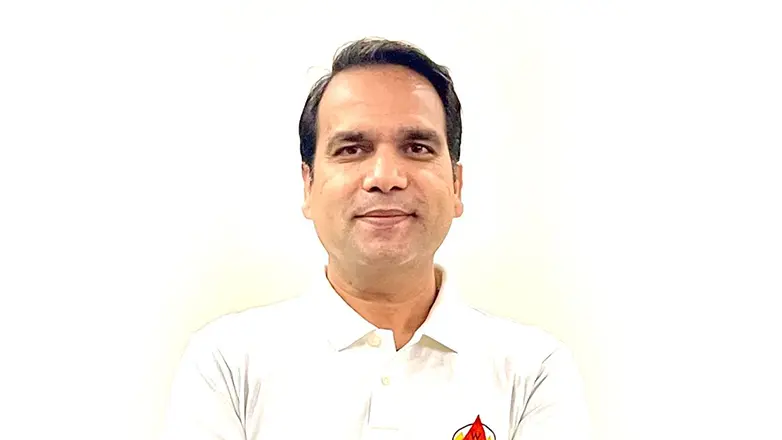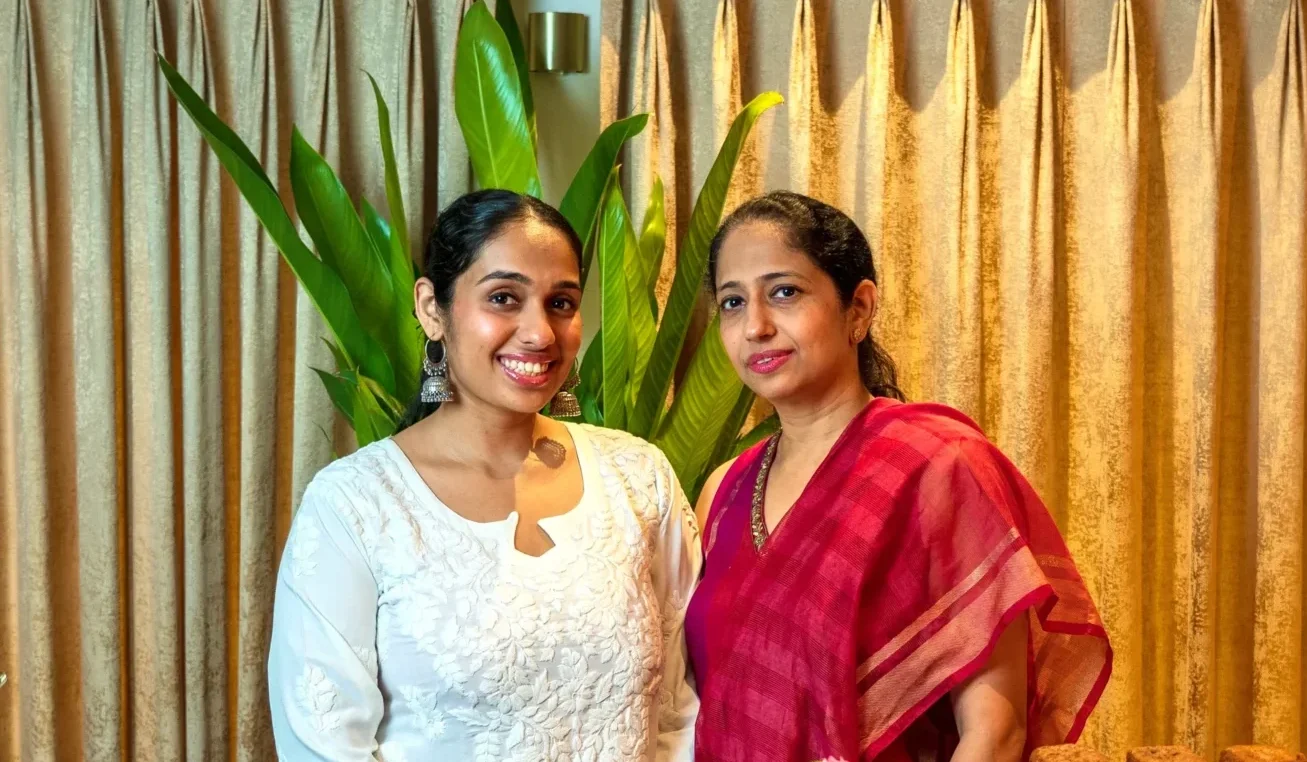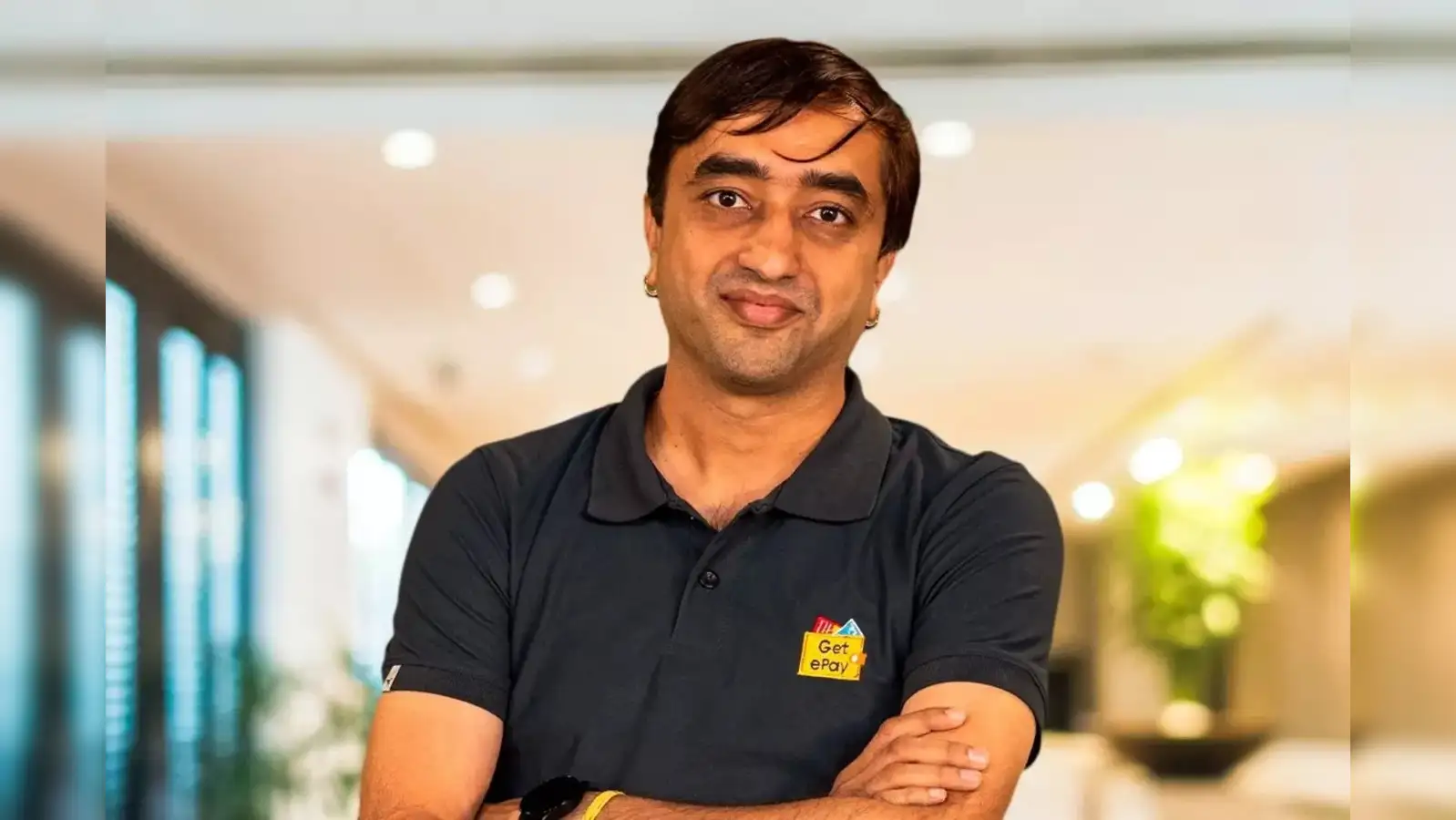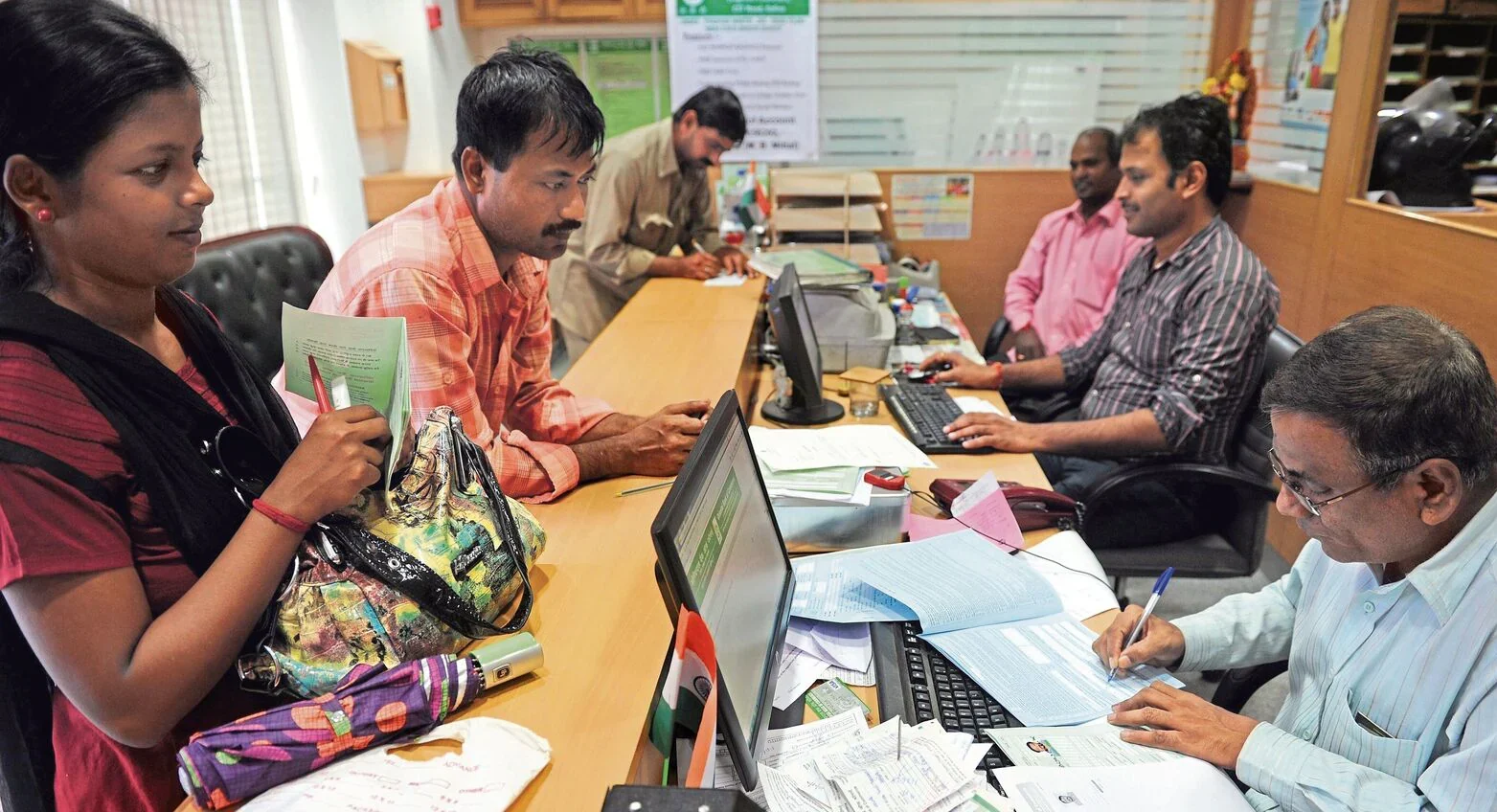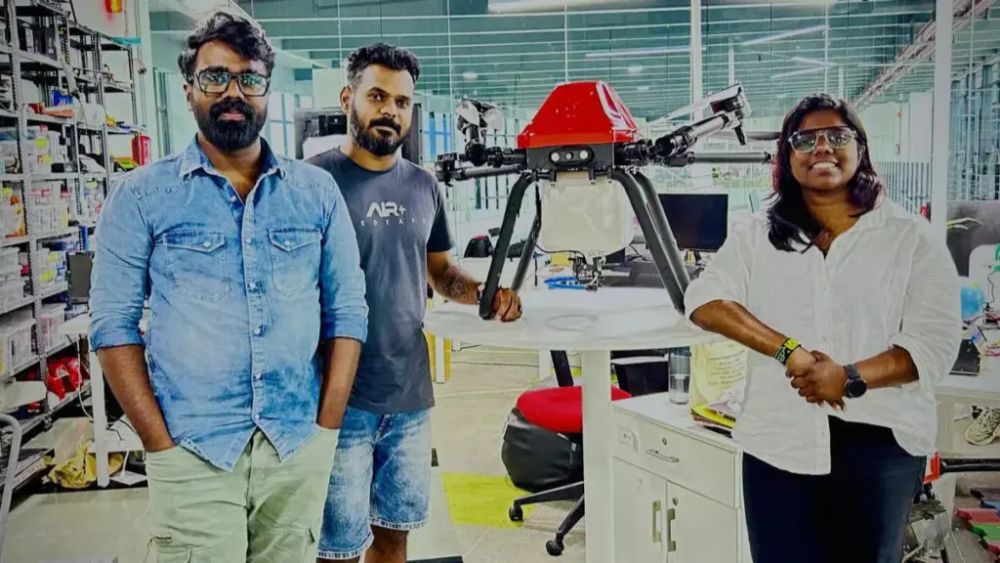In a move that has started debate across India’s tech and parenting communities, Ponsana David, CEO of Thai Green Power Solution and a working mother of two, recently made a LinkedIn post to voice deep concerns over the absence of age-appropriate filters and parental controls on popular quick commerce platforms like Blinkit, Swiggy Instamart, and Zepto.
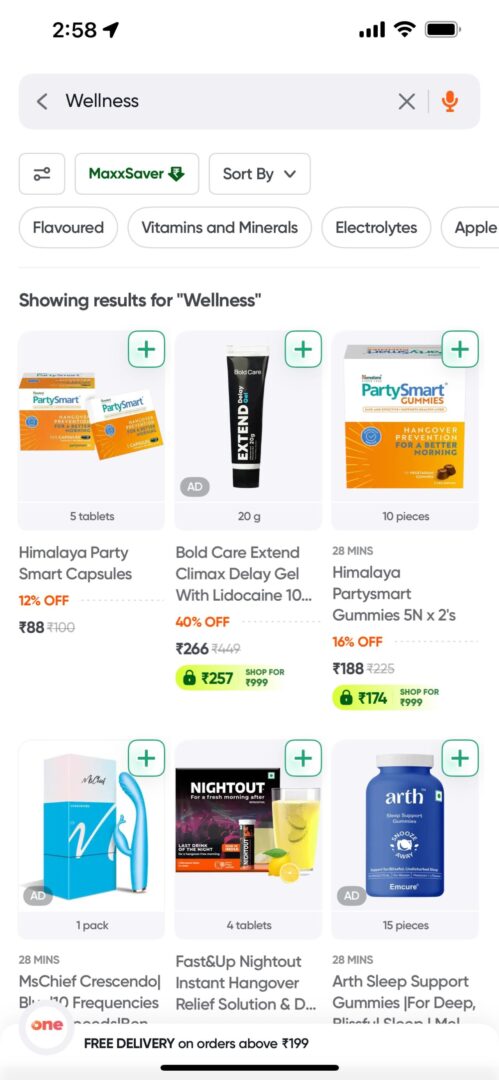
David opened her post with an intriguing question:
“What if your 9-year-old came to you holding a sex toy or vibrator or a condom packet??? Would you be okay with it?”
She clarified that this was not a “dramatic question,” but a very real possibility in the digital age. David explained that, as a parent who has her 14- and 9-year-old daughters with UPI access to order daily essentials, she was alarmed to realise that the same apps delivering groceries and stationery also offer condoms, vibrators, and sex toys without any parental restrictions or warnings.
“Unlike alcohol or cigarettes, which often ask for age verification, these platforms show no hesitation in exposing children to such products. There’s no lock, no PIN, no warning,” she wrote, highlighting a gap in digital safety protocols on such platforms.
David shares a vivid scenario:
“Now imagine this: Your 9-year-old daughter or son standing in front of you, holding a condom packet. Or worse, a sex vibrator. Not because they know what it is. But because they thought it was a toy, or because it just showed up in the app.”
She stated quick commerce apps with platforms like YouTube, Netflix, and Google, which offer child profiles, PIN-protected sections, and age-appropriate filters. David questioned why grocery delivery apps, now an essential in Indian households, are behind on this critical front.
Industry Response:
The post quickly went viral, resonating with many parents and digital safety advocates. Among those who responded was Deepinder Goyal, founder and CEO of Zomato (parent company of Blinkit). Goyal thanked David for highlighting the issue, acknowledging its personal relevance to him as a parent, and assured that the matter was already “on top of our minds.” He promised that users would “see progress on this front very soon”.
Broader Implications:
David’s concerns show a growing challenge for India’s booming quick commerce sector: as these platforms expand their product offerings and become more deeply embedded in family routines, they must also adapt their technology to safeguard children. The lack of basic parental controls or age-gating for sensitive products stands in stark contrast to the digital safety standards set by global streaming and tech giants.
As the debate unfolds, industry watchers and parents alike will be looking for concrete steps from quick commerce leaders to make their platforms smart and safe for all users, especially children.
ALSO READ : Eternal’s Big Tree Planting Plan: Helping India Grow Greener










